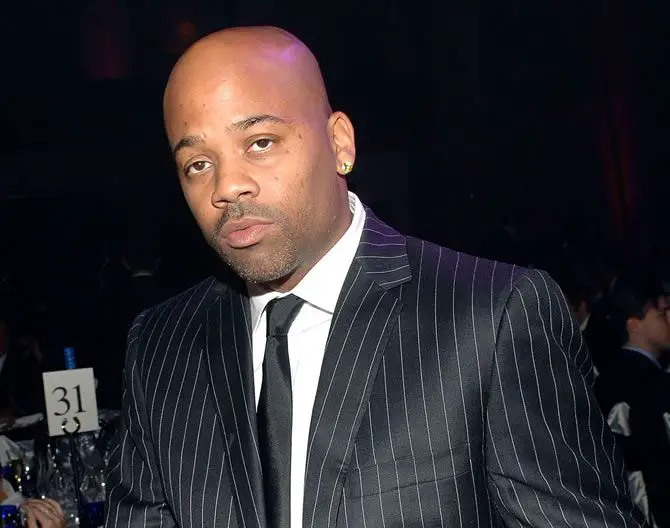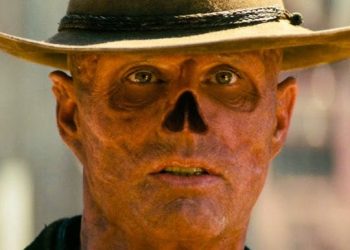In a recent interview, Damon Dash, co-founder of Roc-A-Fella Records, made bold claims about the influence he and JAY-Z had on two of hip-hop’s most iconic figures, Sean “Diddy” Combs and The Notorious B.I.G. According to a post by Vibe Magazine on X at 22:01 UTC on March 24, 2025, Dash asserted that Diddy and Biggie drew inspiration from the lavish lifestyle and mafioso image he and JAY-Z projected during the mid-1990s, a pivotal era for hip-hop culture.
Damon Dash Claims Diddy And Biggie Smalls Copied Him And JAY-Z https://t.co/2aCmDQ5laI
— VIBE Magazine (@VibeMagazine) March 24, 2025
Dash’s comments, detailed in Vibe Magazine’s article, stem from an interview on the PBD Podcast. He reflected on the early days of his and JAY-Z’s careers, noting that their ostentatious style—marked by luxury and a larger-than-life persona—set a tone that others in the industry followed. At the time, Dash and JAY-Z were rising stars, while Biggie and Diddy, already prominent through Bad Boy Records, were dominating the charts. Dash believes their influence was evident in the way Diddy and Biggie presented themselves, despite the latter two having more mainstream success initially.
The relationship between the four figures was notably collaborative. In 1996, Biggie featured on JAY-Z’s debut album Reasonable Doubt with the track “Brooklyn’s Finest,” and appeared in the “Dead Presidents” music video. The following year, JAY-Z returned the favor, contributing to Biggie’s Life After Death on “I Love The Dough” and Diddy’s No Way Out on “Young G’s,” which included a posthumous Biggie verse. These collaborations highlighted the mutual respect among the artists, with Dash describing a personal and professional chemistry, especially between JAY-Z and Biggie, both of whom were Brooklyn natives and among the era’s top lyricists.
Dash’s claims have sparked discussions among hip-hop fans, reigniting debates about influence and originality in the genre’s golden era. While some see his comments as a reflection of the competitive spirit of the time, others view them as a testament to the cultural impact of Roc-A-Fella’s early days. As the hip-hop community continues to unpack the legacies of these legends, Dash’s remarks offer a fresh perspective on the interconnected histories of some of the genre’s biggest names.
















